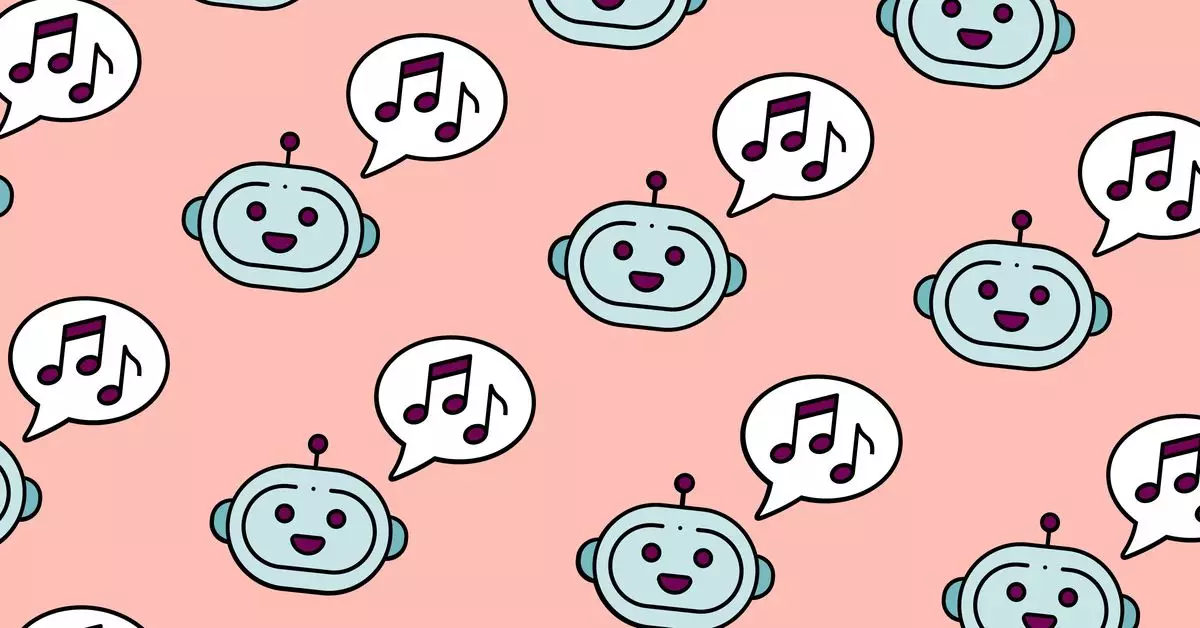The recent copyright infringement lawsuits against AI music startups Suno and Udio have sparked a debate about the ethics of using copyrighted materials to train AI models for music generation. The lawsuits, filed by the Recording Industry Association of America (RIAA), claim that Suno and Udio have engaged in “unlicensed copying of sound recordings on a massive scale,” leading to potential damages of up to $150,000 for every work infringed.
Both Suno and Udio have admitted to training their AI models on copyrighted materials, arguing that such usage falls under the fair-use doctrine. They claim that their tools enable users to produce new artistic expressions and should be protected under copyright law. Suno, in particular, highlighted that its AI music generator had been used millions of times since its launch, emphasizing the importance of allowing people to create their own musical works.
The companies accuse the record labels of attempting to stifle competition within the music industry by targeting their innovative AI tools. They argue that training AI models on existing sound recordings is a common practice among AI providers and is not equivalent to copyright infringement. However, the RIAA has criticized Suno and Udio for not obtaining proper consent to use copyrighted works in their tools, unlike platforms like YouTube, which have established mechanisms for copyright protection.
The use of fair-use doctrine to defend against copyright infringement lawsuits is not a new phenomenon in the AI industry. Other companies, such as Microsoft, have also invoked fair-use arguments to justify their use of copyrighted materials in AI development. However, the interpretation of fair use in the context of AI music generation remains a contentious issue, with stakeholders on both sides presenting valid arguments for their positions.
While Suno and Udio maintain that their practices align with fair-use principles by enabling creativity and innovation, the record labels and industry associations argue that such activities undermine the value of original works and harm artists’ interests. The concept of “learning” from copyrighted materials versus “copying” and “repackaging” them is central to this debate, highlighting the need for a nuanced understanding of intellectual property rights in the digital age.
The outcome of the lawsuits against Suno and Udio could have far-reaching implications for the development and regulation of AI technologies in the music industry. The balancing act between fostering innovation and protecting intellectual property rights is a delicate one, requiring careful consideration of ethical, legal, and economic factors.
As AI continues to transform the creative landscape, policymakers, industry stakeholders, and AI developers must collaborate to establish clear guidelines and frameworks for the responsible use of copyrighted materials in AI applications. Educating the public about the complexities of copyright law and fair use is crucial to fostering a culture of respect for artistic creations while fostering a culture of innovation and creativity in the digital age.
The intersection of AI, music generation, and copyright law raises complex ethical and legal questions that demand thoughtful reflection and dialogue. As technology continues to advance, finding a balance between enabling innovation and protecting creators’ rights will be essential to ensuring a sustainable and ethical ecosystem for AI development in the music industry.


Leave a Reply